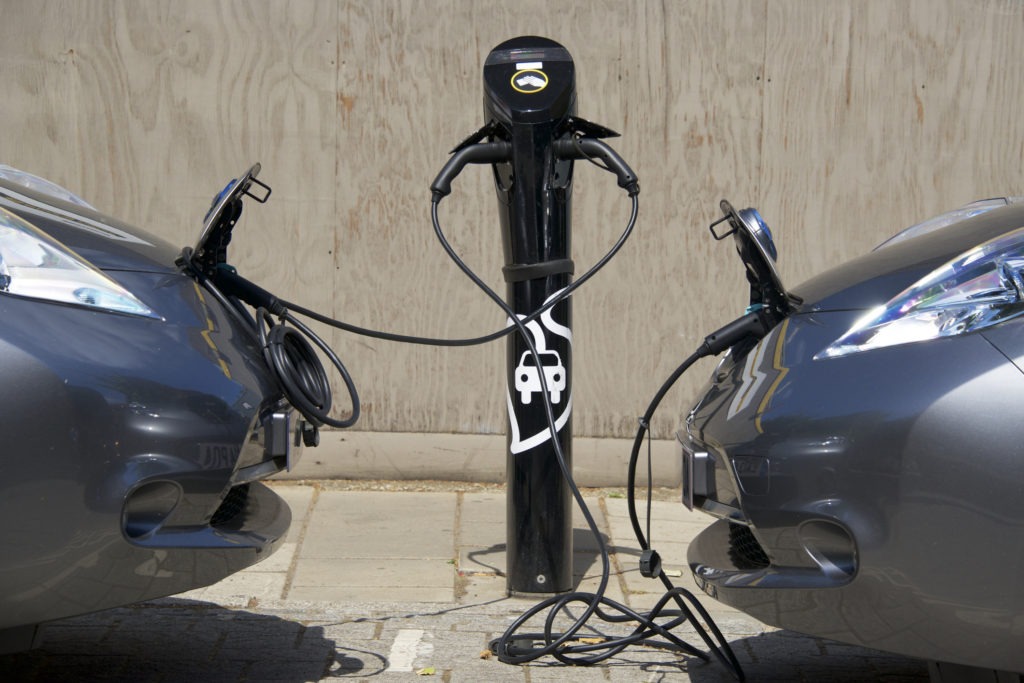Electric vehicles produce a third less CO2 across their lifetime
20 April 2020

20 April 2020
Electric vehicles (EVs) produce less CO2 across their lifetime compared to internal combustion engine (ICE) models, even when power production and material sourcing is taken into account.
Although EVs produce zero emissions, there have been questions over how environmentally-friendly such models are when the entire lifecycle, including production, is taken into account. A majority of the world’s electricity is produced by burning coal. At the same time, elements of EV batteries require mining, and their transportation to vehicle-manufacturing facilities can only be completed by sea, especially with battery production still a mainstay of Asia.
No increase
Scientists from the universities of Exeter, Nijmegen and Cambridge conducted lifecycle assessments of both the electric-vehicle market and household heating, two of the biggest markets for electric power draw, which showed that even where electricity generation still involves substantial amounts of fossil fuels, there was a CO2 saving over conventional cars and fossil-fuel heating. Their findings were published in the journal Nature Sustainability.
They found that in 53 out of 59 regions, comprising 95% of the world, electric vehicles and domestic-heat pumps generate less carbon dioxide than fossil fuel-powered cars or boilers. The only exceptions are heavily coal-dependent countries such as Poland.
Average lifetime emissions from electric cars are up to 70% lower than petrol cars in countries like Sweden and France (which get most of their electricity from renewables and nuclear), and around 30% lower in the UK.
′The idea that electric vehicles or electric heat pumps could increase emissions is essentially a myth,’ said lead author Florian Knobloch, from the University of Nijmegen in the Netherlands. ′We’ve seen a lot of discussion about this recently, with lots of disinformation going around. Here is a definitive study that can dispel those myths. We have run the numbers for all around the world, looking at a whole range of cars and heating systems.
′Even in our worst-case scenario, there would be a reduction in emissions in almost all cases. This insight should be very useful for policy-makers.’
Huge saving
Lobby group Transport & Environment (T&E) has also launched a paper, showing the best and worst-case scenarios for EV CO2 emissions throughout a vehicle’s lifetime.
It finds that for vehicles sold in 2020: ′a medium-sized EU-average electric car emits about 90gCO2e/km (CO2 equivalent) over its lifetime, while a diesel counterpart emits 234gCO2e/km and a petrol car 253 g/km, including upstream emissions.’
In fact, according to the study, EVs outperform diesel and petrol in all scenarios, even on carbon-intensive grids like Poland’s, where they are about 30% better than conventional cars. In the best-case scenario (an EV running on clean energy with a battery produced with clean electricity), EVs are already about five times cleaner than conventional equivalents.
T&E also found that EVs repay their ′carbon debt’ from the production of the battery after slightly more than a year and save more than 30 tons of CO2 over their lifetime compared to a conventional equivalent. Those vehicles that do high mileages save up to 85 tons over their lifetime (compared to diesel).
Efforts are being made to reduce the CO2 footprint of EVs as the market demand for the vehicles continues to grow. Several carmakers are developing partnerships with battery manufacturers that will see production facilities built in Europe, shortening the supply chain. There are also efforts to find new places to mine battery materials, while some manufacturers are restructuring their plants to run on renewable-energy only.